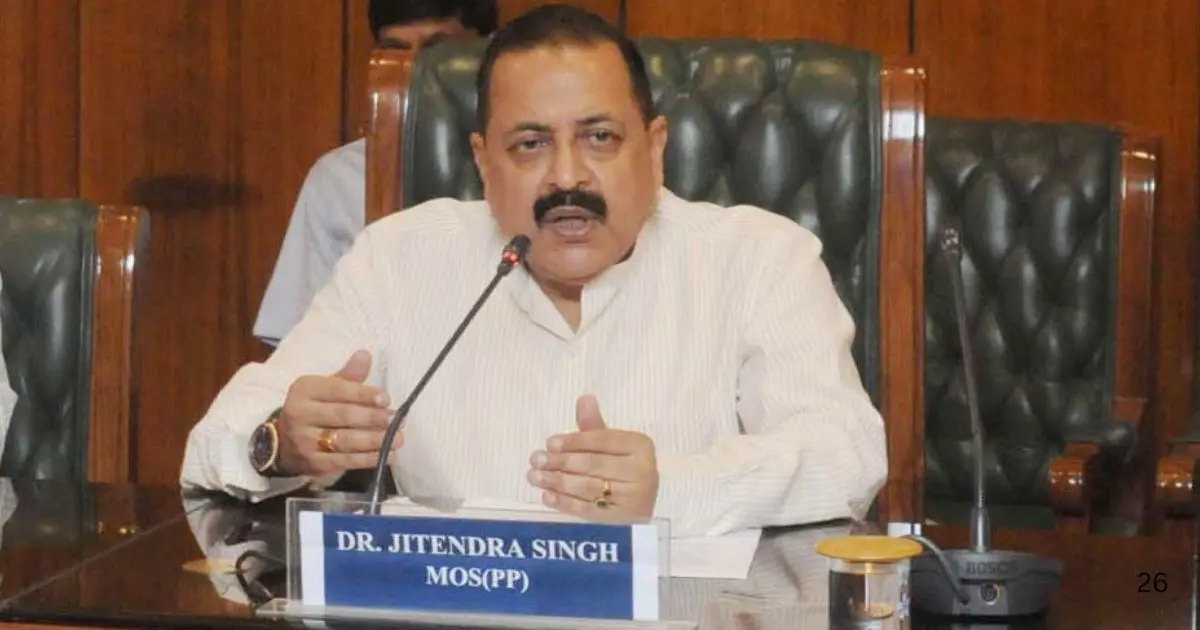Isro to launch EU’s solar observation satellite Proba-3 in December
08 Nov 2024

Indian Space Research Organisation (Isro) will be launching the European Union’s solar observation satellite, Proba-3, in the first week of December, marking another milestone in India’s role as a leader in space exploration.
Disclosing this at the 3rd Indian Space Conclave, in New Delhi on Tuesday, union minister for science and technology, Dr Jitendra Singh, said this is in line with the deepening India-EU partnership in space.
This is the third Indian Space Conclave, being organised by the Indian Space Association (ISPA).
He said the Proba-3 satellite arrived at the space station at Sriharikota on Monday morning and that Isro has taken custody of the payload. Isro will be using a PSLV-XL rocket for the Proba-3 mission, he added.
The Proba-3 satellite is the third satellite in EU’s Proba series and the third to be launched by Isro. This satellite will support the earlier two missions – Proba -1 and Proba-2.
India has its own sun observation satellite Aditya-L1. Launched on 2 September, last year, India's solar observatory has completed its first halo orbit around the Sun-Earth Lagrange Point 1 (L1) on 3 July 2024.
The EU solar observation mission, being launched by India, reinforces the commitment of both EU and India for cooperation in advancing scientific knowledge through cooperation in space research and exploration.
Jitendra Singh said the Proba-3 mission will provide valuable insights into solar corona dynamics.
He said the policy reforms in relation to space sector has opened doors for private participation and international collaborations, which has “unlocked” India’s space potential.
India, he said, has grown out of the limits set by strict governmental controls and secrecy and the liberalised approach has led to the growth of over 300 space startups that are now contributing to domestic and global projects.
Singh said the policy shift is not just about exploration, but is also about leveraging space technology to enhance infrastructure and everyday life.
The opening up of the space sector has also helped to limit the brain drain, and has, in fact, facilitated the return of some of the brightest minds to India.
Speaking at the conclave, EU ambassador to India and Bhutan, Herve Delphin, said India has emerged as a “cost-effective, dynamic space power of the first order.” Its achievements, including the Chandrayaan-3 mission, has given India a place among global space powers, Delphin said, adding that the European Union shares a mutual interest with India in the peaceful use of space and a commitment to tackling pressing global issues, such as climate change and cyber security, through space-based solutions.


















